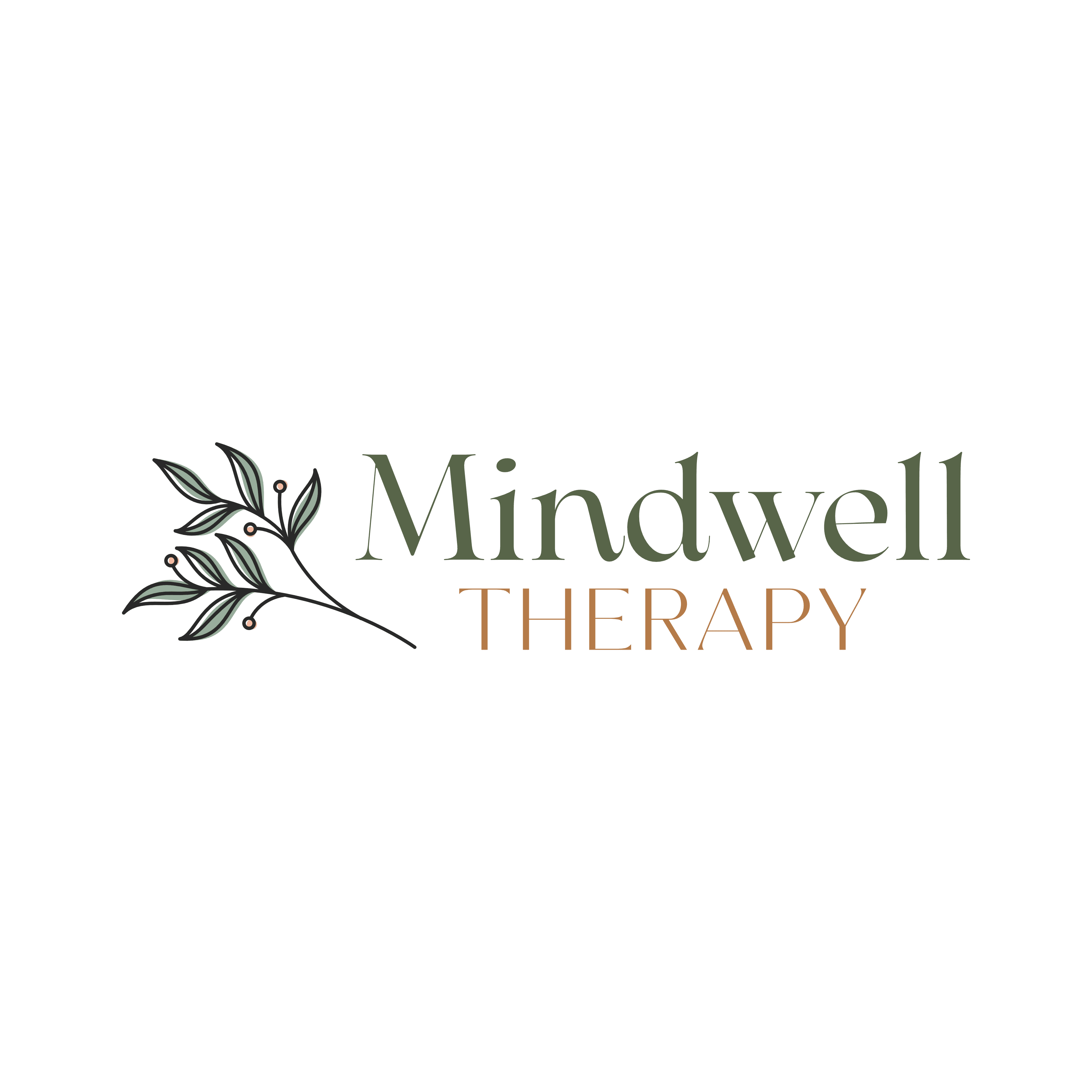Adult Anxiety Treatment
can you relate...
Are you constantly worried or have unexplained fears?
Do you feel a constant sense of unsettledness or uneasiness?
Do you feel like your body is telling you something is wrong but you’re not sure what?
Do you try and “calm down” but your body and mind just won’t seem to listen?
If any of this sounds true you might have an anxiety disorder.
Nearly everyone will experience some form of anxiety in their lifetime. But for many people, physical and emotional symptoms from extreme worry or fear might be a sign of an anxiety disorder.
Anxiety is the most common mental illness in the United States, however, only about a third of people who have anxiety actually seek out the support they need. The rates of anxiety are rising each year.
However, you know that some levels of anxiety is actually good for you?
Anxiety is a normal, natural reaction to stress and it helps ready us for whatever life throws our way. If you didn’t worry about your child running into the middle of the street a terrible accident might happen.
If you weren’t worried about failing class you might not study for the big exam. If you didn’t worry about losing your family from an addiction, you might continue in your addiction.
When anxiety is manageable, and promotes healthy change, it’s healthy. However, when worry or anxiety takes over your life and gets in the way of your daily functioning that’s when it is unhealthy!
Unhealthy levels of anxiety might look like...
- Feeling overwhelmed
- Racing thoughts (or thinking about the same worries over and over)
- Worrying about too many things
- Difficulty sleeping or resting
- Difficulty concentrating
- Muscle tension
- Feeling irritable or on-edge
- Difficulty controlling anxious thoughts or feelings
Recent research has found that unhealthy anxiety is actually mentally and physically harmful. Chronic stress and anxiety increase the risk of heart disease, high blood pressure, decreased immune function, and more. If you or a loved one are struggling with unhealthy levels of anxiety, please seek professional help.
Symptom Self-Check
Have you noticed patterns of anxiety that are harder to control?
Do you experience panic symptoms (e.g. sweating, difficulty breathing, dizziness, racing heart, shaking, nausea) without a clear physical cause?
Do you spend more time than normal avoiding or easing your anxiety?
Are there people, places, or things that will consistently cause you to feel anxious?
Do you ever have to immediately leave a situation?
Are you unable to calm yourself down when feeling anxious?
Does your anxiety prevent you from doing things you enjoy?
Do you notice times that you are more restless or irritable?
What Is an Anxiety Disorder?
There are several types of anxiety disorders. They all include excessive worrying, especially when the amount of worry is not warranted for the situation itself.
General Anxiety Disorder (GAD)
this anxiety disorder happens when extreme anxiety or worry cause significant distress or impairment in daily living.
panic attack
this can feel very scary, it's when you have a sudden and abrupt feeling of intense fear. Physical symptoms can be involved as well, such as accelerated heart rate, sweating, dizziness and shortness of breath.
panic disorder
this is when you have recurring and unexpected panic attacks. This causes people to continuously worry about having another attack.
social anxiety disorder
this is a severe fear of social situations, like meeting new people or eating in public. This might cause you to avoid social situations and might experience panic attacks when social situations can't be avoided.
phobia
is when you have a fear of an object or situation, which can cause you to not participate in routine activities, and causing distress in daily functioning. There are several types of phobia's that people can develop.
obsessive compulsive disorder
often a form of anxiety that is characterized by obtrusive thoughts and fears that lead to compulsive behaviors.
What tends to cause unhealthy anxiety?
Anxiety can be genetic and run in families, as there is a strong genetic component to anxious tendencies. However, therapy can still help. However, parents may also model anxious behavior. If so, they might instill that same behavior in their children.
Anxiety disorders can arise in response to significant and stressful life events. Maybe you were raised by someone who had an unpredictable behaviors and moods so you learned to use anxiety to respond to the world around you. Or maybe you work a stressful job with constant deadlines and your mind gets “stuck” in the sense of anxiety.
Anxiety can develop from unresolved trauma, which might leave a person in a heightened state of physiological arousal. Unconscious trauma’s might reactive the anxiety.
Anxiety can be a form of fight, flight, or freeze response, which is necessary for survival. However, people with high levels of anxiety often get stuck in the “fight” response (mentally your mind is constantly running). Therapy is very helpful is rewiring the brain to no longer respond in this way.
No matter what caused the anxiety, therapy can help
Anxiety can be treated and it’s important to work with a professional to help identify an effective treatment plan for anxiety.
How Adult Anxiety Treatment works?
Treatment for anxiety often includes a combination of medication and talk therapy.
I utilize a couple of treatment modalities for treating anxiety but they all start with hearing your story and making sure you feel understood in your experiences. Having anxiety can feel very lonely, especially when you feel like you’ve “burnt” the people around you.
I utilize mindfulness to help pay attention to your thinking and changing your relationship with your thoughts.
I also utilize Cognitive Behavioral Therapy (CBT), which helps identify thinking patterns and learning new ways to cope with challenging situations.
There are several medications that can help ease your anxiety. If you are interested in that route, I will help refer you to a qualified psychiatrist and I will coordinate care with them so we are on the same page about your anxiety treatment.
It’s important to note, though, that medication alone is usually not a comprehensive treatment for anxiety.
how i can start easing my anxiety?
-When you notice your mind is going down a spiral, stop and focus on your breath. If that is even more anxiety provoking, stop and “ground” yourself, notice your feet on the ground, bottom on the seat, what colors do you see, etc..
-Notice where you feel the anxiety in your body (head, stomach, chest, etc. )
-Find a safe way to explore what is causing you anxiety. And if you noticed your anxiety increase as you explore have a save coping skill that eases your body back to a calm place.
*Safe ways to explore- journal, talking it out with a friend, talking out loud to yourself, music
*Coping skills to help soothe self- cold rag on head, heating pad, warm bath, run in place, lay on couch, run in place, listen to music, paint, pray
-Focus on what you can change, and less on the things outside of your control.
-Give yourself compassion! Remember you’re doing the best you can
– Move your body with exercise!
– Focus on getting enough sleep and go to bed at regular times each night
– Cut back on the alcohol and caffeine

